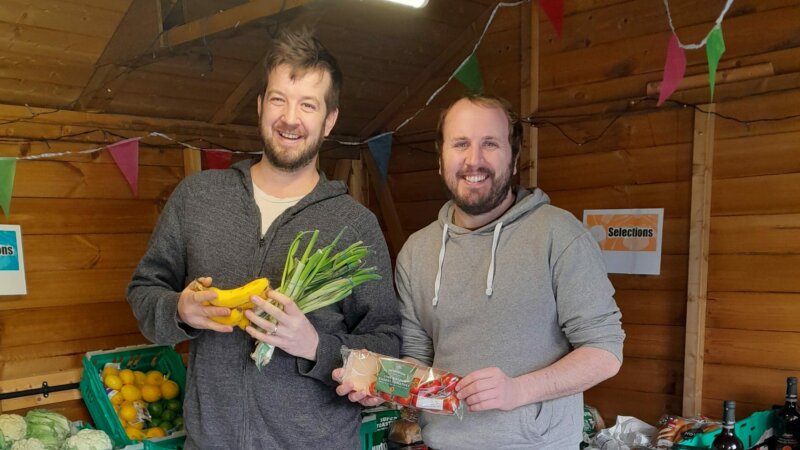Online Comedy: The rise of the blogger stand-up?
When I look back at the last three years of my life, I realise two things above all have changed the way I see the world. The first was having the opportunity to go to university and to gain friends, knowledge, and experiences that I would not otherwise have had. The other was the realisation that the internet is breaking down the distinction between different forms of media.
Some of these changes are easier to spot than others. These days every TV series has a Twitter hashtag, every new film release a Facebook page. Film and TV production is now all digital, with radio soon to follow. At sixth form I used to love pretentiously reading a newspaper or magazine during my free periods. These days there's no logic in paying to read yesterday's news when you can get up-to-date stories online for nothing.
But the changes in the smaller and more specialist creative industries have been incredible as well, not least in the world of comedy. In the last few years there has been a massive growth in the number of online comedy sites, the largest of which by far is Cracked. Launched in 2007 after the long-running American magazine ceased publication, it had over 27 million views per month last year and over 25,000 people signed up to the writers' room on the site, where most of its content is generated. On the surface of it, Cracked might seem like an American site catering to an American audience. But with the proliferation of the internet and access to it, this most American of websites is closer to home than you might think.
Karl Smallwood - not a name chosen for comedy - has been writing for Cracked since he began university in Sheffield. While also being involved in stand-up and comedy groups locally, his work for the site has clocked up over 50 million hits. When I speak to him about the style of his work, he refers me to something called the 'Cracked voice': "They ask that everyone writes in a similar voice using an inclusive 'we'. This makes all articles for the site cohesive. There are of course subtle difference between certain peoples styles." The formula of the Cracked voice is perhaps the main reason that the site is so effective - a simple six-point list system which has been an effective way of structuring content that is often a mixture of off-the-wall humour and factual content.
For an example of this list structure, Karl directs me to an article he wrote two years titled 'The Six Most Disastrous Attempts at Internet Damage Control' (link). It is a concise but insightful look at six stories where attempts to suppress online criticism backfired in unintended and hilarious ways. Far from being based around low-brow gags and humour, the article is a mixture of factual information (in the opening he references the Streisand effect) and witticisms often punctuated with images (an illustration of a Whale being lowered with the tagline "incoming: a whale of fail"), allowing the articles to cover complicated ideas in the simplest framework possible.
While Cracked is presented as a site for people looking for interesting distractions to their daily routine, Karl informs me that writing and researching articles is by no means easy. "Articles take days, some take months. Creativity is fluid. Sometimes things work and connections are easy to make."
While there is a great demand for content in the US, where writers can earn up to $50 per accepted pitch, in the UK the comedy websites are still in their infancy. "There seems to be more demand for it over there," says Karl, "Here my work has been limited mostly to reviews, all of which I do without payment to build my portfolio. I've seen very little in the way of online comedy in the UK, which is depressing for a country where we're credited with inventing wit."
Despite this apparent lack of activity within the UK, Karl has been able to get content out himself by setting up a blog of the various 'trolling' responses he receives to his work. He cites blogger David Thorne of 27b/6 as the main influence behind this move. "When polite emails seemed to be ineffective at getting through to my landlord, I took a leaf out of [David's] book and sent a sarcastic email instead. I posted it on my blog and people seemed to like it. They liked it so much I filled a book with similar exchanges."
With the increasing proliferation of sites like Cracked, online comedy is set to grow exponentially in the next few years. For Karl, who recently published an e-book as well as landing a position as a contributor at the CBS-owned site Man Cave Daily, the immediate future of his comedy is without a doubt online. He then tells me an anecdote about a lecturer who told him in his first year that they should all be reading newspapers regularly, to which he replied that there was no need because it was all online for free. "I don't feel that newspapers are necessary anymore and that you can keep abreast of news only using digital sources, since they're updated instantly and constantly. You can also easily fact-check or follow up anything you're interested in."
karlsmallwood.wordpress.com )





